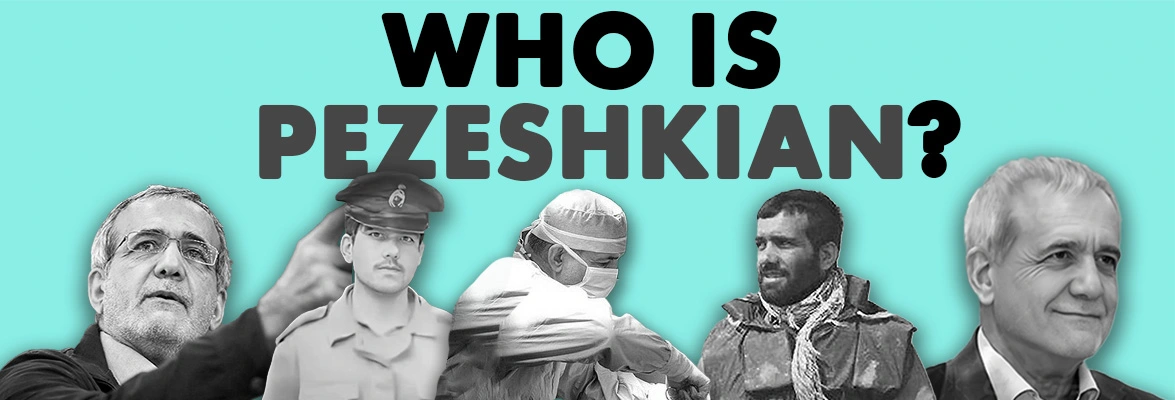
From a fierce revolutionary to a centrist reformist?
A transition from Heart Surgery to Presidency?
Who is the single father doctor who just became Iran’s new President?
The surprise win by Dr. Masoud Pezeshkian, a former Health Minister and current MP, has made many in Iran and abroad curious about the single-father heart surgeon who will be Iran’s next President in August. While many believe that he, like his predecessors, will disappoint Iranian voters, others believe that with his resume and background and his tough character, he is in the best position to bring about change, be it limited to the economy and perhaps (to a lesser degree) foreign policy. Here is a summary biography of Iran’s President-elect:
● Masoud Pezeshkian was born on September 29, 1954, in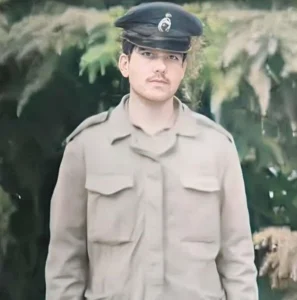
Mahabad, located in West Azerbaijan province, a region
known for its significant Azeri and Kurdish ethnic populations.
His father was Turkish, and his mother was Kurdish, so
Pezeshkian mastered both languages. Despite being part of
the 2 percent Azeri-speaking minority in a primarily Sunni
Kurdish city, Pezeshkian has always taken pride in his Azeri
roots.
● At the age of 19, during Mohammad Reza Pahlavi’s rule, he
fulfilled his conscription duty in Zabul, Sistan and Baluchistan
province. After completing his service, he returned to his home province, pursued medical studies, and earned a degree in general medicine.
● While he was a member of the Islamic Student Association, he met his wife, who was a gynecologist. However, in 1994, Pezeshkian experienced a tragic loss when his wife and one of his children passed away in a car accident. He has since raised his two surviving sons and daughter alone, remaining unmarried. His narrative of personal tragedy and unwavering commitment has garnered him sympathy and admiration, positioning him as a compassionate and resilient figure in Iranian society.
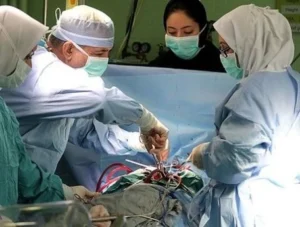

Throughout the Iran-Iraq War (1980–1988), Pezeshkian frequently visited the front lines, where he organized medical teams and served both as a combatant and a physician.
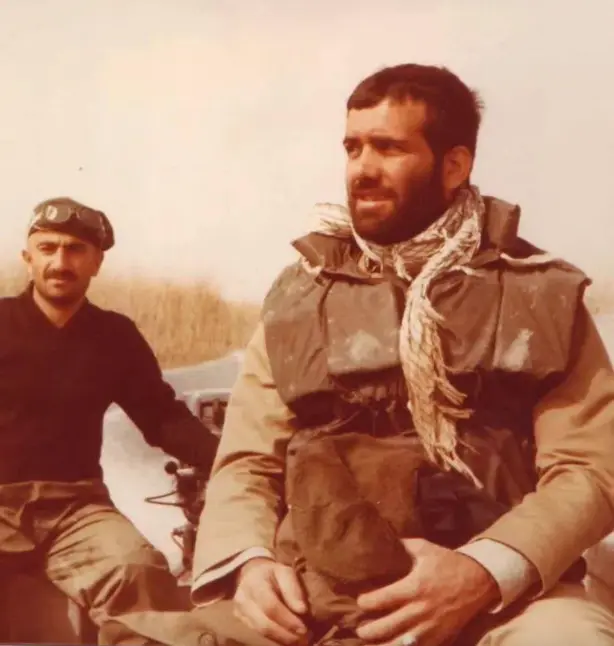
Pezeshkian began his political career as the deputy health minister in The Ministry of Health and Medical Education (MOHME), during the first cabinet of Seyyed Mohammad Khatami under the ministry of Mohammad Farhadi. He later received a motion of confidence from the parliament to serve as the Minister of MOHME in Khatami’s second reform government. He has been elected as a representative of the parliament for five terms from the Tabriz, Azarshahr, and Esku constituencies, making him the record holder for representation in one of Iran’s metropolises.
Known for his reformist stance, Pezeshkian has criticized the government’s handling of political dissent.
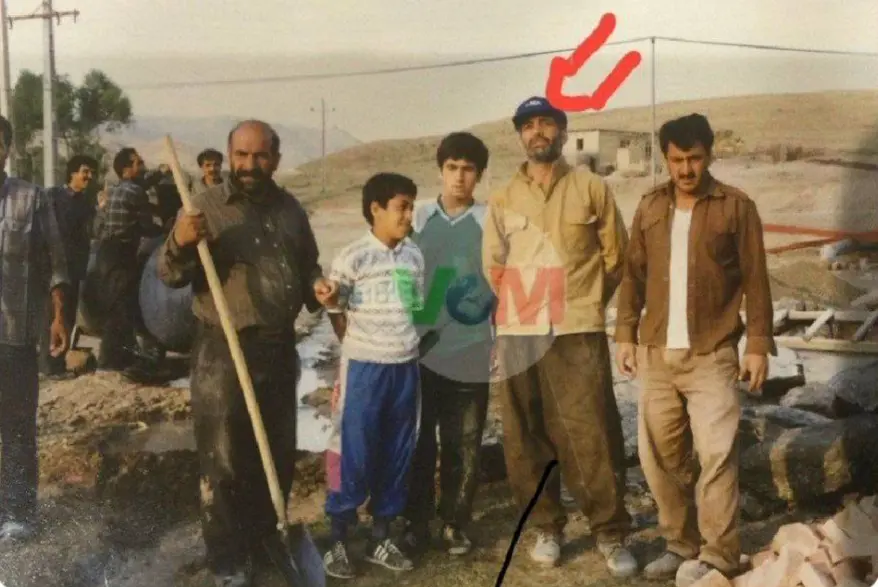
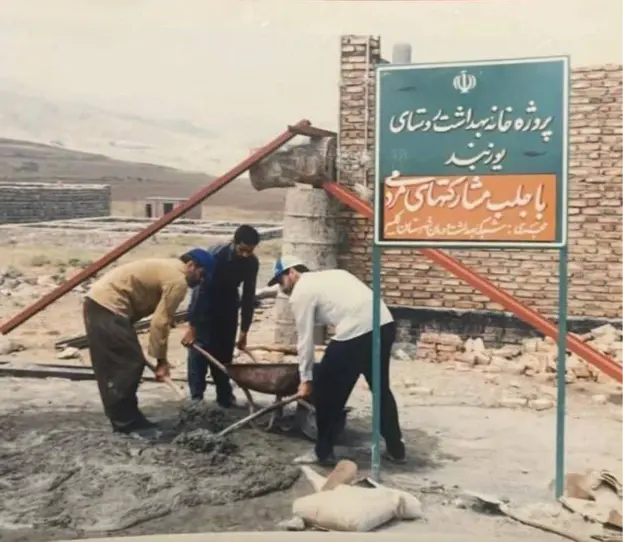
regions (as seen in the pictures below).
test
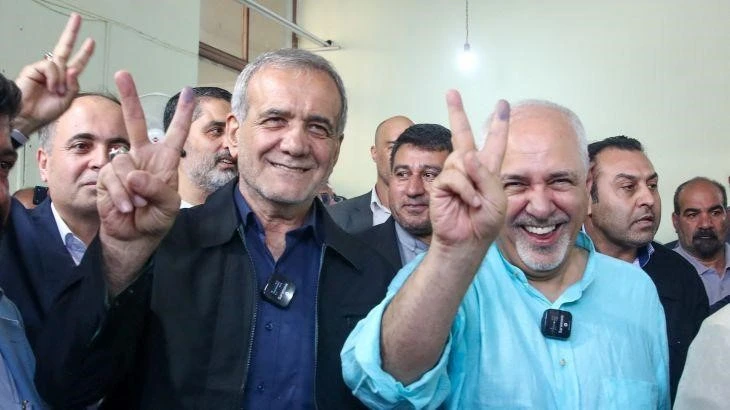
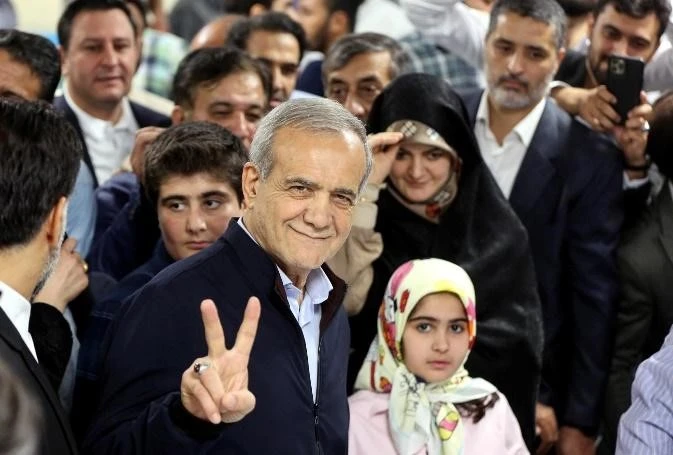
Opening Hours:
24/7
Address: Tradex Mena International Consulting Group L.L.C-FZ 6th Floor, Business Center, The Meydan Hotel Grandstand, Meydan Road, Nad Al Sheba, Dubai, United Arab Emirates
+971 50 240 9735
Address: TRADEX INTERNATIONAL CONSULTING DANIŞMANLIK
itH. iHr. ve TiC. LTD. ŞTi.
Tomtom Mah. istiklal Cad. Beyoğlu iş Merkezi No.187 iç Kapr No: 4 Beyoğlu/iSTANBUL Beyoğlu V.D. 8591125255
Positive approach and vision
Magnificent beat I would like to apprentice while you amend your site how can i subscribe for a blog web site The account helped me a acceptable deal I had been a little bit acquainted of this your broadcast offered bright clear idea
Only time will tell if Mr. Pezeshkian has the strength and ability to stay true to his word… great insights, was a refreshing read!
“Masoud Pezeshkian is the most deserving president of Iran.”
“Masoud Pezeshkian, please don’t disappoint us.”
Masoud pezeshkian ✌️✌️✌️
Good insight on who the new Iranian President is. Let’s hope Masoud Pezeshkian can deliver on his promises to improve the economy and internet connectivity…
Dr. Masoud Pezeshkian is my favorite President.
It seems that with the election of Dr. Pezeshkian, a serious path will emerge in Iran’s political and economic relations with the world.
The issue of people’s welfare, removal of sanctions and civil liberties is the concern of the people who voted for him.
The turning Point in Iran is happening by Masoud Pezeshkian
It is my hope that Iran’s international relations will be enhanced by the appointment of Masoud Pezeshkian.
Masoud Pezeshkian should spread the way of moderation in the society.
It was a very interesting article about Mr. Masoud Pezeshkian
I hope Masoud Pezeshkian becomes a pioneer for Iran in political, artistic, scientific, economic, and other fields, leading the country toward progress and prosperity. His expertise and vision can pave the way for a brighter future for all Iranians.
Fantastic✌️